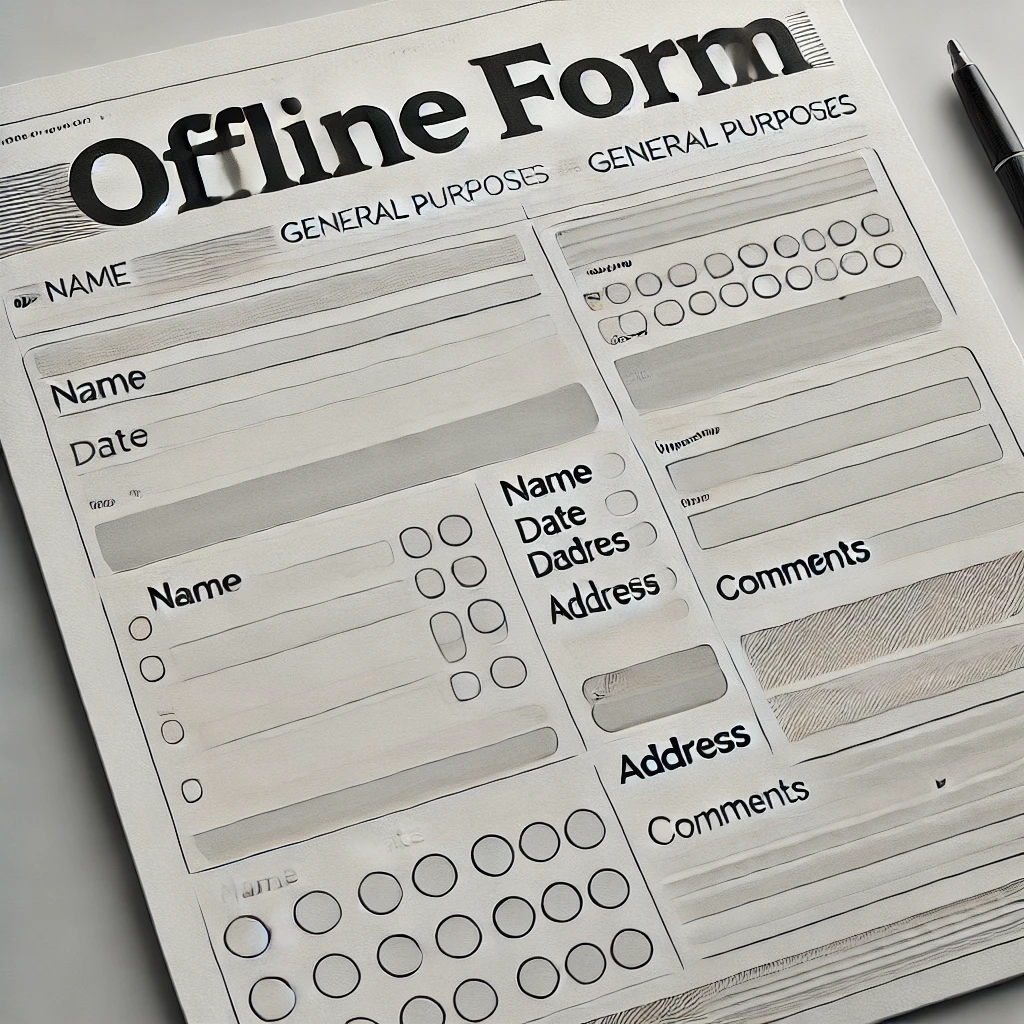
An “Offline Biodata Form” is a physical document used to collect personal, educational, and professional information about an individual. This form is often required in various contexts, such as job applications, matrimonial purposes, or any scenario where a detailed personal profile is needed.
Key Features of an Offline Biodata Form:
- Personal Information:
- Name, date of birth, gender, and contact details.
- Address (permanent and temporary).
- Marital status, nationality, and other personal identifiers.
- Educational Qualifications:
- Details of academic background, including degrees, institutions attended, and years of passing.
- Additional qualifications or certifications.
- Professional Experience:
- Previous employment details, including job titles, responsibilities, and durations.
- Skills, expertise, and professional achievements.
- Family Background (if required):
- Information about parents, siblings, and other immediate family members.
- Occupation and education of family members.
- Other Information:
- Hobbies, interests, and extracurricular activities. (if applicable).
- References or recommendations (if applicable).
Usage:
- Job Applications: Employers may request an offline biodata form to evaluate a candidate’s suitability for a position, especially in more traditional or government sectors.
- Matrimonial Purposes: Individuals or families may use a biodata form to present personal details to potential marriage prospects.
- Admission or Scholarship Applications: Some institutions may require biodata for admission processes or scholarship considerations.
How It Is Used:
- Filling Out the Form: The individual fills out the form by hand, providing accurate and truthful information.
- Submission: The completed form is then submitted to the relevant organization or individual, often accompanied by supporting documents, such as educational certificates or identification proof.
Offline biodata forms are particularly important in situations where digital methods are not feasible or when a formal, printed